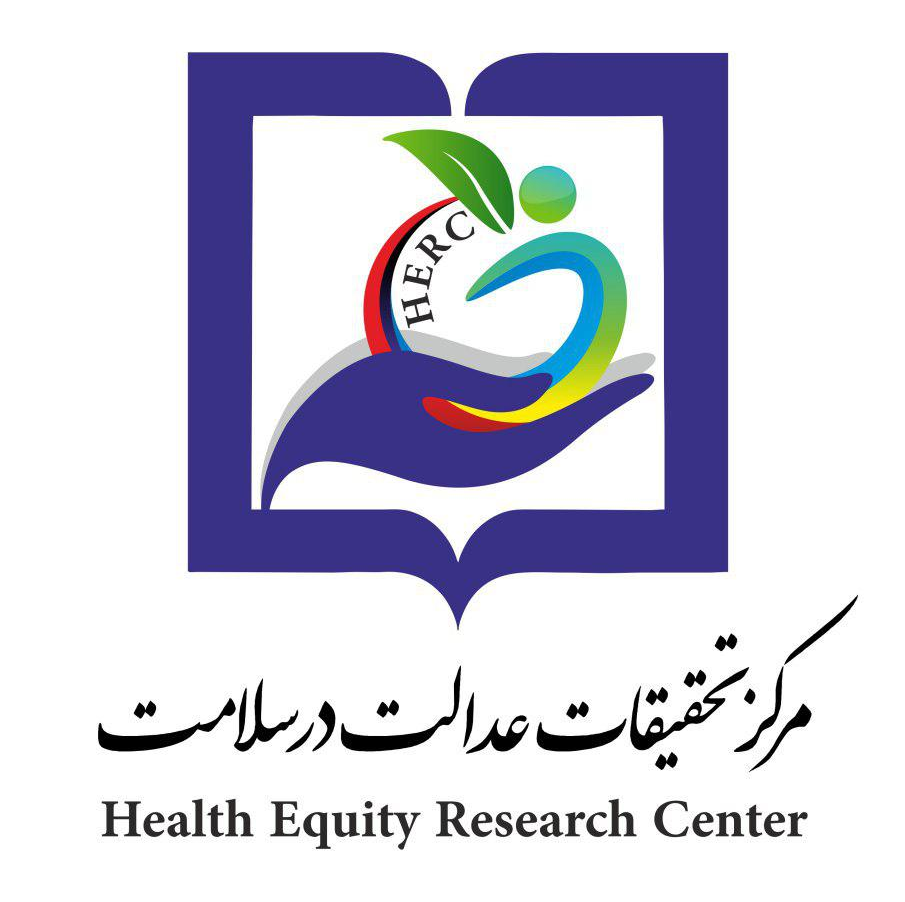Abstract
Background and aim: Community-based initiatives are important for obesity prevention. This study aimed to evaluate the activities of municipal obesity prevention clubs (OBCs) in Tehran, Iran, using a participatory approach.
Methods: The evaluation team was formed, and the members identified the OBC’s strengths, and challenges and provided suggestions for change through a participatory workshop, observation, focus group discussions, reviewing relevant documents (n = 97), and 35 interviews with involved stakeholders. The MAXQDA software was used for data analysis.
Results: An empowerment training program for volunteers was identified as one of the strengths of OBCs. Despite the obesity prevention efforts of OBCs through public exercise sessions, healthy food festivals, and educational sessions, several challenges were identified that hinder participation in OBCs. These challenges included poor marketing strategies, poor training approaches in participatory planning, insufficient motivational support for volunteers, low perceived recognition of volunteers by the community, volunteers’ low food and nutrition literacy, poor educational services in the communities, and limited funding for health promotion activities.
Conclusion: Weaknesses in all stages of community participation, including information, consultation, collaboration, and empowerment, in OBCs were detected. Facilitating a more enabling environment for informing and involving citizens, expanding neighborhood social capital, and involving health volunteers, academia, and all potential governmental sectors to collaborate for obesity prevention is recommended.



No responses yet